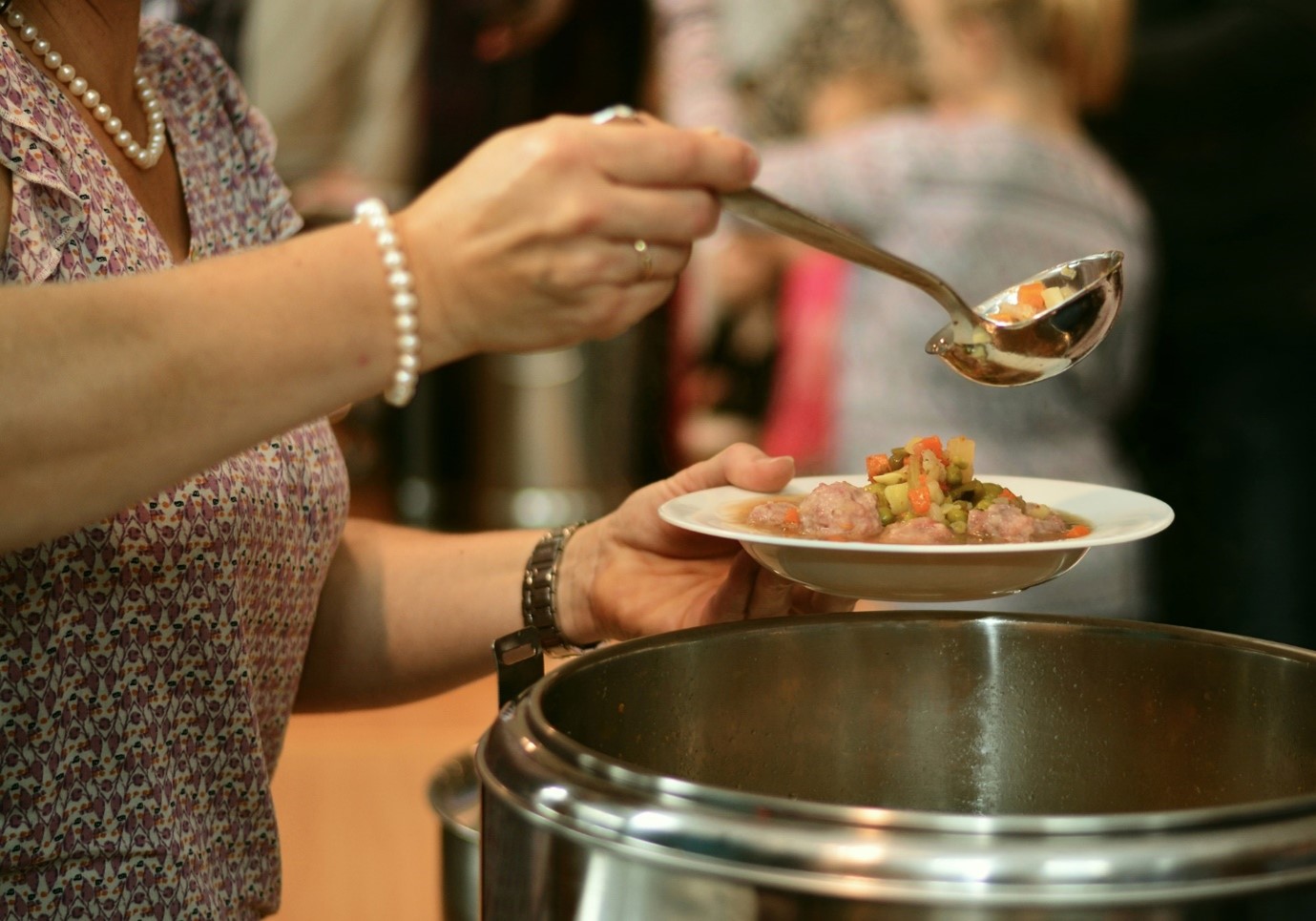
- Date
- 9th July 2021
- Categories
By Jessica Fraser
The first of a series of webinars organised by GIZ, GPA and MECS, on the topic of cooking energy in displacement settings, was held on the 7th of July 2021. This webinar examined the landscape of stakeholders and solutions for clean cooking in displacement settings, with panellists from both the private and humanitarian sectors, including:
- Diana Benato – Energy Officer at UNHCR
- Ben Butele – Lead Technical Advisor at GIZ ESDS Uganda
- Joelle Hangi – Refugee Artist and Author, Refugee Activist
- Konjit Negusssu – Director of the Clean Cooking Alliance Ethiopia
- Judith Joan Walker – COO of African Clean Energy
Dr Anh Tran from MECS gave an overview of the humanitarian cooking sector calling for progression in the technologies used. She highlighted the importance of shifting the humanitarian energy paradigm away from biomass sources and towards cleaner and safer solutions. Dr Tran concluded by saying that this requires “a whole ecosystem” of stakeholders and that these webinars will be a place to “push the boundaries” towards more sustainable cooking solutions in displacement settings.
The discussion was facilitated by Energypedia and featured questions on operational methods and the challenges and opportunities for clean cooking projects in settings hosting displaced populations. Key themes in the answers included the nuances between cultures and therefore operational differences, and the challenges of creating sustainable and long-term solutions in the shifting dynamics of different locations and settlements.
“Context is everything. We operate in four different countries, and they are worlds apart.”
– Judith Joan Walker
The importance of cultural context
The diversity of displacement settings and their communities means that there can be no ‘one size fits all’ approach. Instead, programs should pivot around previously effective approaches, and adapt to the new context in which they find themselves. Recognising different local realities and sensitivities in the cooking energy projects and engaging with local stakeholders and communities is critical to develop well-tailored solutions for sustainable cooking. This, in turn, results in a more positive and transformative cooking opportunity which really works for the local community.
Instability of displacement settings as an opportunity for collaboration
The instability of displacement settings can pose challenges for both the private and humanitarian sector. The emergency nature of displacement settlements can often lead to the short-term needs of people being prioritised over the sustainability of the provisions made. The distribution of emergency aid is vital for the wellbeing of refugees, however, longer-term and market-based approaches can help during the aftermath of the immediate emergency. For the private sector, the uncertainty can limit investment potential. The differing challenges provide opportunities for partnership between the two sectors, with the collaboration helping to foster a growing economy. Using commercially relevant models for cooking solutions allows for the pervasion of more sustainable and safer cooking technologies. This synergy between the humanitarian and private sectors allows aid and investment to compliment the local economy rather than hindering it in the long-term. The empowerment of displaced people encourages the growth of more resilient communities and the flourishing of vulnerable groups – women and children in particular. Dr Iwona Bisaga and Dr Long Seng To from MECS wrote about this in their recent report titled Clean cooking in refugee camps and COVID-19: what lessons can we learn? (access it here), saying “partnerships are key” as they “bring together policy, implementation and expert knowledge” which “boost the effectiveness of clean cooking interventions”.
As Mark Gibson from UNITAR stated in the closing remarks of the webinar, “there is no silver bullet” for providing solutions for cooking in displacement settlements. Although there is not one solution, the collaboration and communication evidenced between panellists in the discussion suggests that there is significant momentum towards the creation of new ideas and projects due to the intersectoral approach.
The recording of the webinar can be accessed here. The next session in the webinar series will be held on Thursday 23rd September 2021 and will cover cooking energy systems in respect to prerequisites, challenges, affordability, usability and acceptability. To register for this webinar please visit: https://attendee.gotowebinar.com/register/1219430279432394254
………………………………………………………………………..
This blog post was written by Jessica Fraser, an A-Level student studying Geography, Biology and English Literature at De Lisle College, Leicestershire, UK. She attended the webinar as part of a work experience placement with MECS.
Image credit: Congerdesign, Pixabay